#plastic cleanup
Text
A Dutch startup led by sailors and surfers has devised a way of stopping trash in its tracks – with a little help from bubbles.
The Great Bubble Barrier (GBB) deploys a perforated tube on riverbeds to create a curtain of bubbles which nudges waste to the bank for collection.
And for such a lo-fi method it’s proven remarkably effective, snagging plastic particles as small as 1mm and intercepting as much as 86 per cent of flotsam in inland waters before it reaches the sea.
Read more...
13 notes
·
View notes
Text
Watch "From Rivers to Oceans" on YouTube
The 4Ocean crew talks about their efforts on Guatemala to keep plastic out of waterways and oceans, as well as cleaning up tons of plastic that lines the beaches already.
youtube
0 notes
Link
#wholesome sunday#good news network#andy corbley#joe geddia#plastic cleanup#pollution cleanup#ocean#ocean news#the ocean cleanup
1 note
·
View note
Video
3K notes
·
View notes
Link
SYSTEM 002 IN 2022
“We captured our first plastic from the [Great Pacific Garbage Patch] in 2019 with [our ship] System 001/B, and since then we’ve been refining our steering strategy and deepening our understanding of plastic behavior in the oceans.
In 2021 we introduced System 002, and having now demonstrated that our system can consistently harvest significant amounts of plastic, we’re currently in transition to System 03 – our largest and most efficient cleanup system so far.
After demonstrating Proof of Technology the previous year, 2022 was all about cleaning. It was a successful year for The Ocean Cleanup in the GPGP:
System 002: 2022 in numbers
8 trips into the GPGP on cleaning operations
Over 150 days at sea (including transit)
153,000 kg of plastic removed from the GPGP in 2022
4 consecutive trips with catch totals over 25,000 kg
99.9% of catch comprising only plastic
The continuity of cleaning operations during this transition was essential in demonstrating that we are moving towards our efficiency targets and progressing our plan for scale-up. Significant milestones such as the extraction that brought us over the 100,000 kg barrier in the GPGP are documented and shared with our growing community of supporters worldwide, aiding the visibility of our mission and highlighting the urgency of the plastic pollution problem...
PRIORITIZING THE MARINE ENVIRONMENT
We are committed to maximizing our net positive impact on the marine environment. In that light, we place particular importance on one particular figure from our 2022 data: 99.9%. This is the amount of our total catch that consists of plastic, leaving a level of bycatch of 0.1%.
While this is not perfect and we are working hard to reduce it further, we believe this data shows that our mitigation measures and animal protection procedures are working effectively so far. We have also seen a reduction in bycatch rates during the year (see our January 2022 mid-term evaluation) as we implement new learnings and modifications.
Our environmental performance is a result of the measures we have taken since we began our ocean operations. Our systems move very slowly, meaning fish and marine animals can easily swim away, and our crew always has the option of triggering the emergency release to free any animal which has become trapped in the Retention Zone; although this results in the loss of any plastic which has been captured, we keep this option available for any serious encounters.
Upgrades to be implemented during the transition to System 03 include more underwater cameras to allow us to more closely monitor encounters with marine life, and increasing the number of openings throughout the system to allow animals to swim out. We will also be trialing various new deterrent and mitigation measures during 2023, working with our in-house and third-party marine biologists to ensure that we continue to reduce any type of bycatch to the minimal level possible.”
-via The Ocean Cleanup, 12/15/22
#ocean#pacific ocean#great pacific garbage patch#ocean cleanup#pollution#plastic pollution#2022#environment#good news#hope#sorry for all the denseness and jargon#the ocean cleanup is weirdly bad at really basic marketing techniques#like write your articles at a 9th grade-ish reading level#and "have a page dedicated to press about your nonprofit on your website#and I am not in the mood to write a custom post explainer lol
724 notes
·
View notes
Text
In 2012, Dutch teenager Boyan Slat presented a TED Talk on his concept for cleaning up the ocean with simple mechanisms to sweep up all the trash. While scientists and plastics experts cautioned that his ideas were ineffective, Slat’s non-profit the Ocean Cleanup, founded the year after his talk went viral, has gained millions of followers and big-name backers, including Salesforce, Maersk, KIA, and PayPal’s Peter Thiel. But the venture had one major problem: its first two designs didn’t work, despite the group burning through tens of millions of dollars over the course of a decade. The Ocean Cleanup has since pivoted to work with upstream river “interceptors” that are much more efficient at capturing garbage, but its website still prominently features its latest ocean debris “solution”—essentially a trawl fishing net dragged between two boats that has, to date, collected a comparatively miniscule amount of trash.
Tech projects like these are more of a curse than a blessing. Even if the Ocean Cleanup one day somehow beats the insurmountable odds and removes all surface-level traces of plastic marine pollution, it’d still be missing the vast majority of waste that sinks to the bottom of the ocean floor, or breaks up into tiny microplastics. While companies like these bring increased attention to the plastics crisis, they’re ultimately flashy gimmicks that lull our public consciousness into thinking a clever gadget can solve a collective-action problem. These projects also allow consumer brands—like Coca-Cola, an official “Global Implementation Partner” of Slat’s group—to greenwash their continued massive plastic production, while lobbying behind-the-scenes against regulations that would actually help the world break its plastic addiction.
“We now know that we can’t start to reduce plastic pollution without a reduction of production,” environmental scientists Imari Walker-Franklin and Jenna Jambeck write in the introduction to their forthcoming study, Plastics. To meaningfully address this crisis and others like it, we need to look upstream, invest in reuse infrastructure, and mandate biodegradable packaging and high material recyclability. At a minimum, we need to start making producers bear the cost for the collection and disposal of their poorly designed goods.
220 notes
·
View notes
Text
*article is dated 25 Dec 2023
*article is dated 29 Dec 2023 (and no, it's not the same method as the article above)
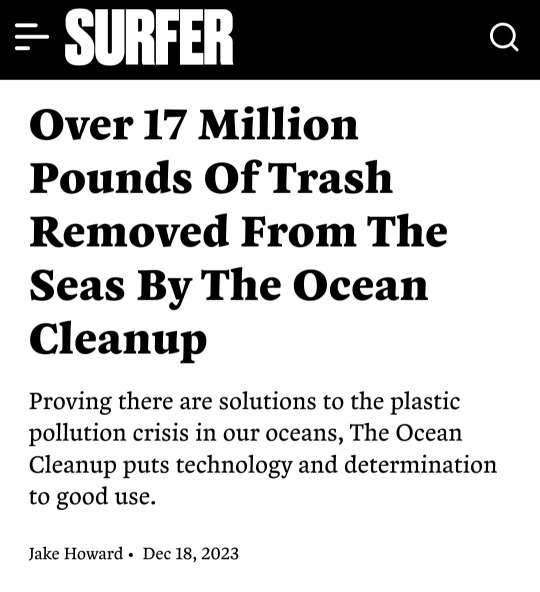
https://www.surfer.com/culture/17-million-pounds-trash-removed-ocean-cleanup
#good news#climate change#pollution#the ocean cleanup#plastics#its not hopeless!!#sea#fish#conservation
78 notes
·
View notes
Text
Ocean CleanUp Launches Huge System in Pacific Garbage Patch to Clean a Football Field Every 5 Seconds https://www.goodnewsnetwork.org/ocean-cleanup-launches-system-3-to-clean-football-field-every-5-seconds/
#ocean#good news#nature#science#environmentalism#environment#ocean cleanup#sea#plastic pollution#plastic pollution solutions#great pacific garbage patch
47 notes
·
View notes
Text
Over 17 Million Pounds Of Trash Removed From The Seas By The Ocean Cleanup - Surfer Culture
https://www.surfer.com/culture/17-million-pounds-trash-removed-ocean-cleanup
8 notes
·
View notes
Text
are there really people out there who eat off of paper plates every day? like not homeless people or frat boys but like. families with mothers and fathers?
#i do not understand.#maybe#MAYBE#paper napkins when you have young children i could get?#maybe even giving a baby a paper plate for safety reasons?#though they make plastic plates which i think would be better for a baby#but idk. the worst part about cooking/post cooking cleanup to me has never been the 4-8 ceramic dinner plates and accompanying utensils#you can wash those super fast. it's all the other pots and pans and trays and stuff so idk how paper would even be much more convenient
5 notes
·
View notes
Text
The February Clean-Up
Well, I think that yesterday's clean up along the river Thames by Wapping was very successful; the twelve volunteers (not all featured in this photo) managed to gather up a 'whopping' 8 or even 9 bags of rubbish. We noticed that there were lots of shipping tags (very harmful to the environment as wildlife could easily get stuck) along with tires which must have fallen off the sides of boats. One of my most surprising finds was a rubber tile - the sort which you often find in nurseries on the floor. Among all of that rubbish, there was of course the normal: bottles, wrappers - things that people just throw on the ground which then gut sucked into the river.

Once again, thank you to the WaSh Wombles - a local litter-picking group - for supplying us with the extra equipment and spreading the word! I think everyone really enjoyed it and I hope that you would like to come again soon!*
-Emmylou The Mudlark, Leader of Wapping's Plastic Free Community
*And by the way, if YOU would like to join in on one of my next mudlarking adventures or to help save the wildlife from plastic, sign up to my FREE monthly mailing list which is full of fun events! Here's the link: http://eepurl.com/iHvvW2
3 notes
·
View notes
Text
A project to clean up the Great Pacific garbage patch reached a milestone, the global tiger population stabilised, and Botswana was hailed for its HIV success, plus more positive news
The great garbage patch cleanup hit a milestone
It has become emblematic of our throwaway society, a grim testament to the pitfalls of single-use plastic. But this week, efforts to clean up the Great Pacific garbage patch reached a milestone: 100,000kg of plastic removed so far.
Admittedly, it’s small fry. Strewn across an area twice the size of Texas, the floating mass of rubbish is 1,000 times larger than what has been landed so far. But the Dutch nonprofit behind the project, The Ocean Cleanup, said it was preparing to scale up.
“We are ready to move on to our new and expanded system, which is expected to capture plastic at a rate potentially 10 times higher,” said Boyan Slat, its CEO.
The Ocean Cleanup uses computer modelling to predict where large concentrations of rubbish will accumulate, and skims it from the sea using giant booms. The nonprofit deploys similar technology at river mouths to stop plastic entering oceans in the first place.
Image: The Ocean Cleanup
Read more...
#Environment#Health#Politics#Society#positive news#positive.news#Great Pacific garbage patch#the ocean cleanup#plastic capture#plastic pollution#cornwall#botswana#unaids#fighting HIV#tiger#tigers#cheetah#slovenia#same-sex marriage#toyota#cargo bikes#Seagreen wind farm#scotland#wind power#body positivity#scallops#good news
33 notes
·
View notes
Link
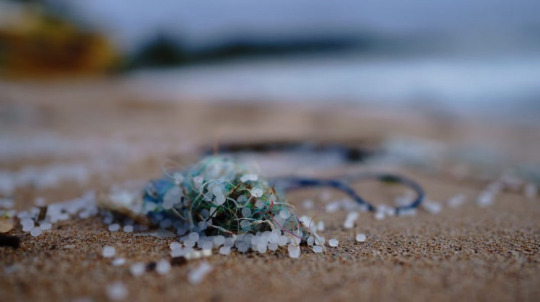
“A recently-completed scientific survey found that plastic on Australian beaches has fallen by 29% since the last survey in 2013.
The authors state it is a result of well-executed and locally focused waste control strategies, as well as an example of what Australians can do when they band together.
Organized by the Australian national science agency, this year’s survey included 562 new survey plots across 32 local government entities, with an emphasis on gathering data on which methods implemented by the local officials were the most successful.
“Our research set out to identify the local government approaches that have been most effective in reducing coastal plastics and identify the underlying behaviors that can lead to the greatest reduction in plastic pollution,” said lead researcher Dr. Kathryn Willis.
“We were really surprised and excited to also find that there was on average 29 per cent less plastic on our beaches than in 2013 when similar surveys were conducted.
The strategies were divided into planned behavior such as educational programs and recycling guides, economic strategies, crime prevention such as closer monitoring of illegal dumping and other such activities.
Economic strategies were found to have the biggest impact. More economic waste management strategies led to comparatively cleaner coastlines.
“For example, household collection services, where there are multiple waste and recycling streams, makes it easier for community members to separate and discard their waste appropriately,” said CSIRO researcher and paper co-author, Dr. Denise Hardesty.
“Our research showed that increases in waste levies had the second largest effect on decreases in coastal plastic pollution. Local governments are moving away from a collect and dump mindset to a sort and improve approach.”
The research also found that municipalities that didn’t update their waste control measures over long periods tended to have dirtier coasts.” -via Good News Network, 11/10/23
#australia#plastic pollution#coast#beaches#pollution#beach cleanup#recycling#plastic waste#good news#hope#pacific ocean
23 notes
·
View notes
Photo



The New Year is approaching! That is "the" holiday in Japan, and Kiku is getting ready! First up is "oosouji," which means the big cleanup. The Japanese believe in the importance of welcoming the new year with a clean slate. A few days before the year ends, major house cleaning happens in every household. Kiku has donned her cute maid outfit to prepare for her clean slate in 2023. She's currently sweeping the living room floor and dusting the mini shrine.
#My Plastic Life#doll photography#azonejp#Azone International#Azone Pure Neemo#Kiku Ningyo#anime doll#one sixth scale#Re-Ment#Japanese New Year#New Year#Year of the Rabbit#oosouji#big cleanup#myfroggystufffanpics#TenderWolf
15 notes
·
View notes
Text
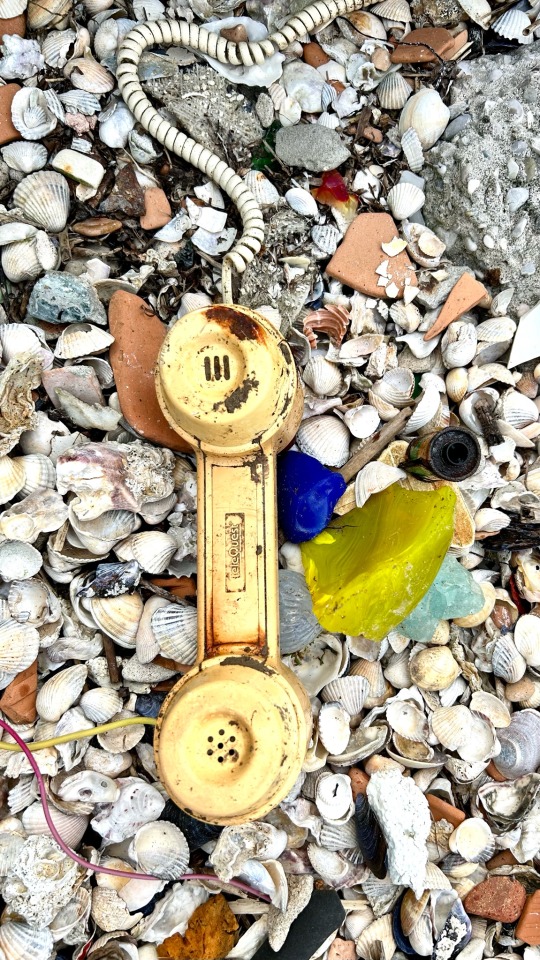
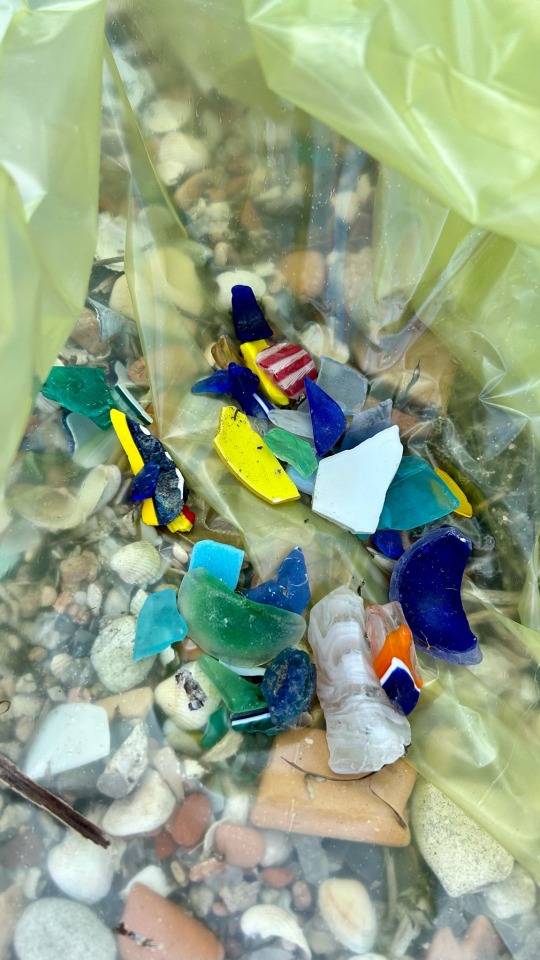
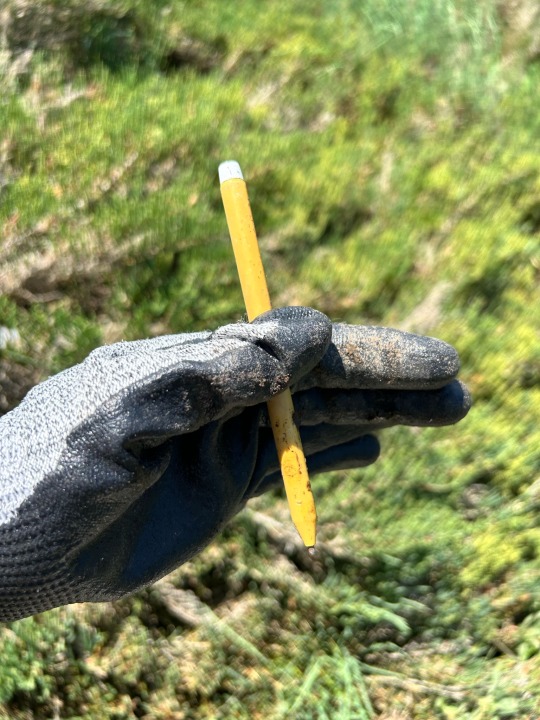
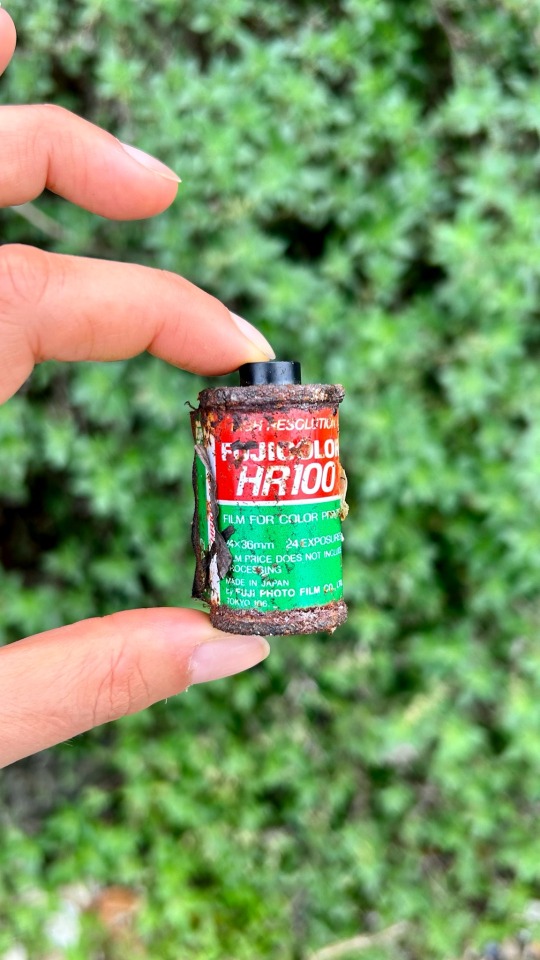
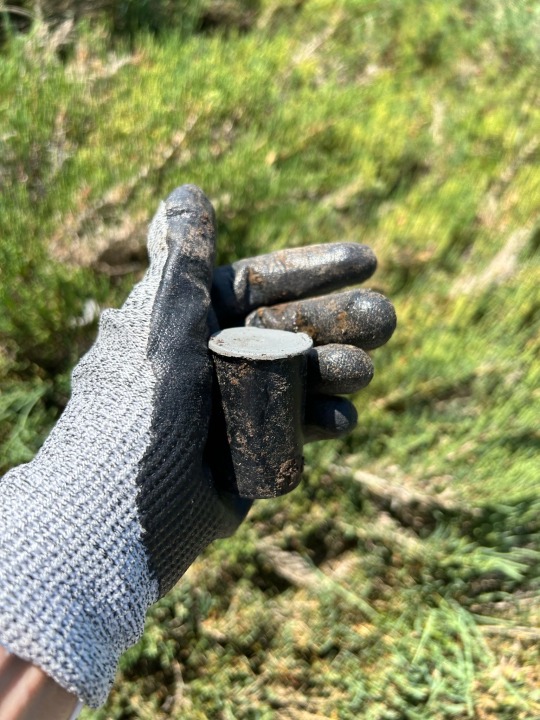
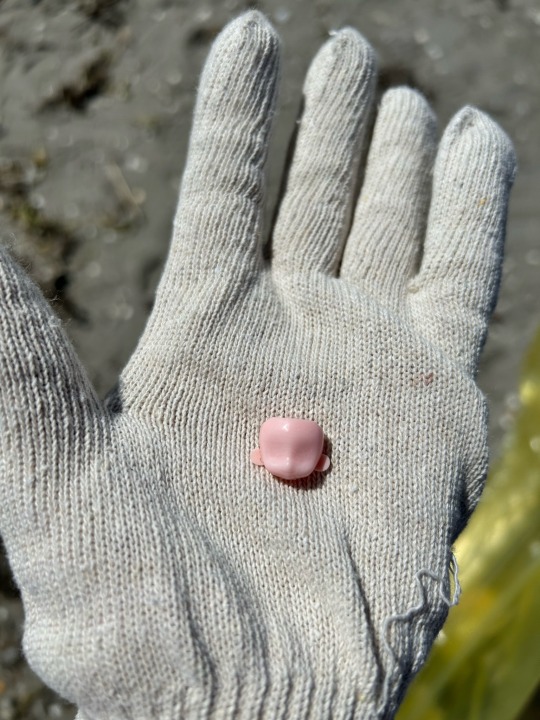
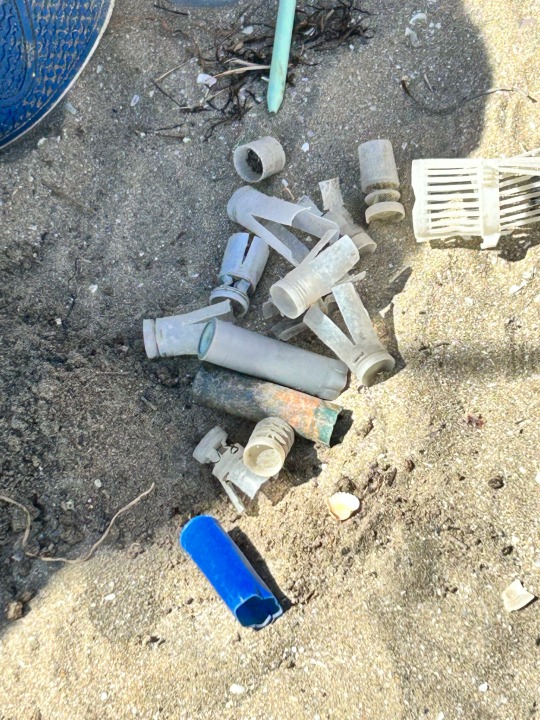
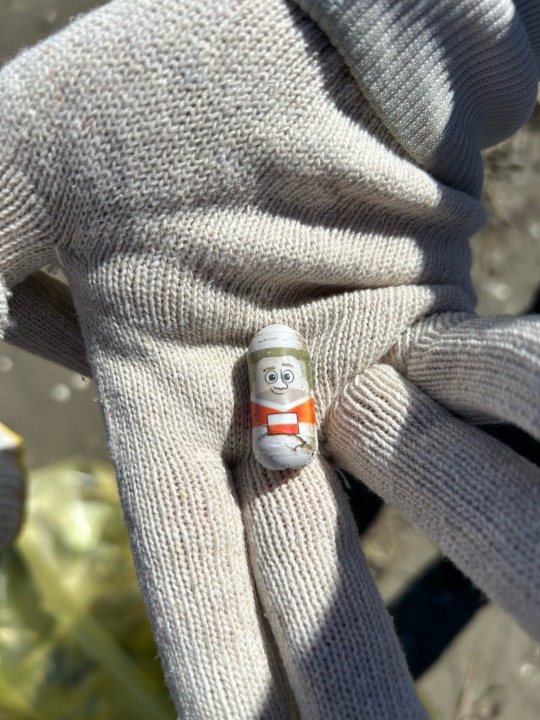
World clean up day 2023: marine litter collected in the Venice lagoon… art project wip
2 notes
·
View notes
Text
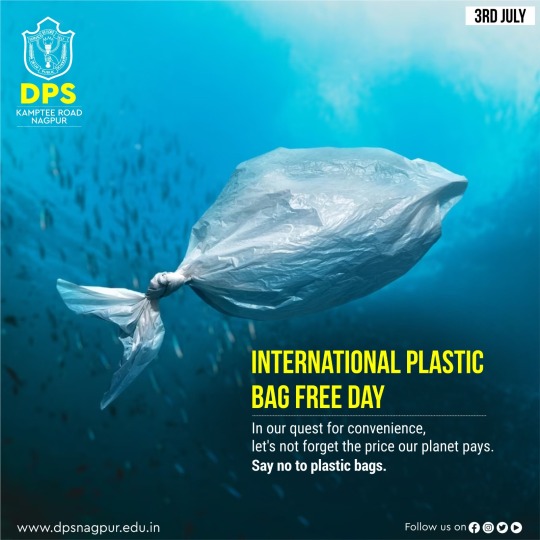
International Plastic Bag Free Day | Plastics give a helping hand, but they are polluting our land!
This day symbolizes the significance of taking small steps in refusing plastic bags, which can contribute to monumental leaps for our beautiful, clean, and green environment. By choosing reusable alternatives and raising awareness about the harmful effects of plastic bags, we empower ourselves to make a positive impact.
International Plastic Bag Free Day
DPS Kamptee Road Nagpur
#Plastic bag pollution#Single-use plastics#Environmental impact#Sustainable alternatives#Reduce plastic waste#Reusable bags#Plastic bag bans#Plastic bag recycling#Plastic bag awareness#Eco-friendly choices#Plastic bag legislation#Plastic-free living#Ocean conservation#Marine litter#Plastic bag consumption#Waste management#Green initiatives#Plastic pollution prevention#Community cleanups#Global environmental awareness
3 notes
·
View notes